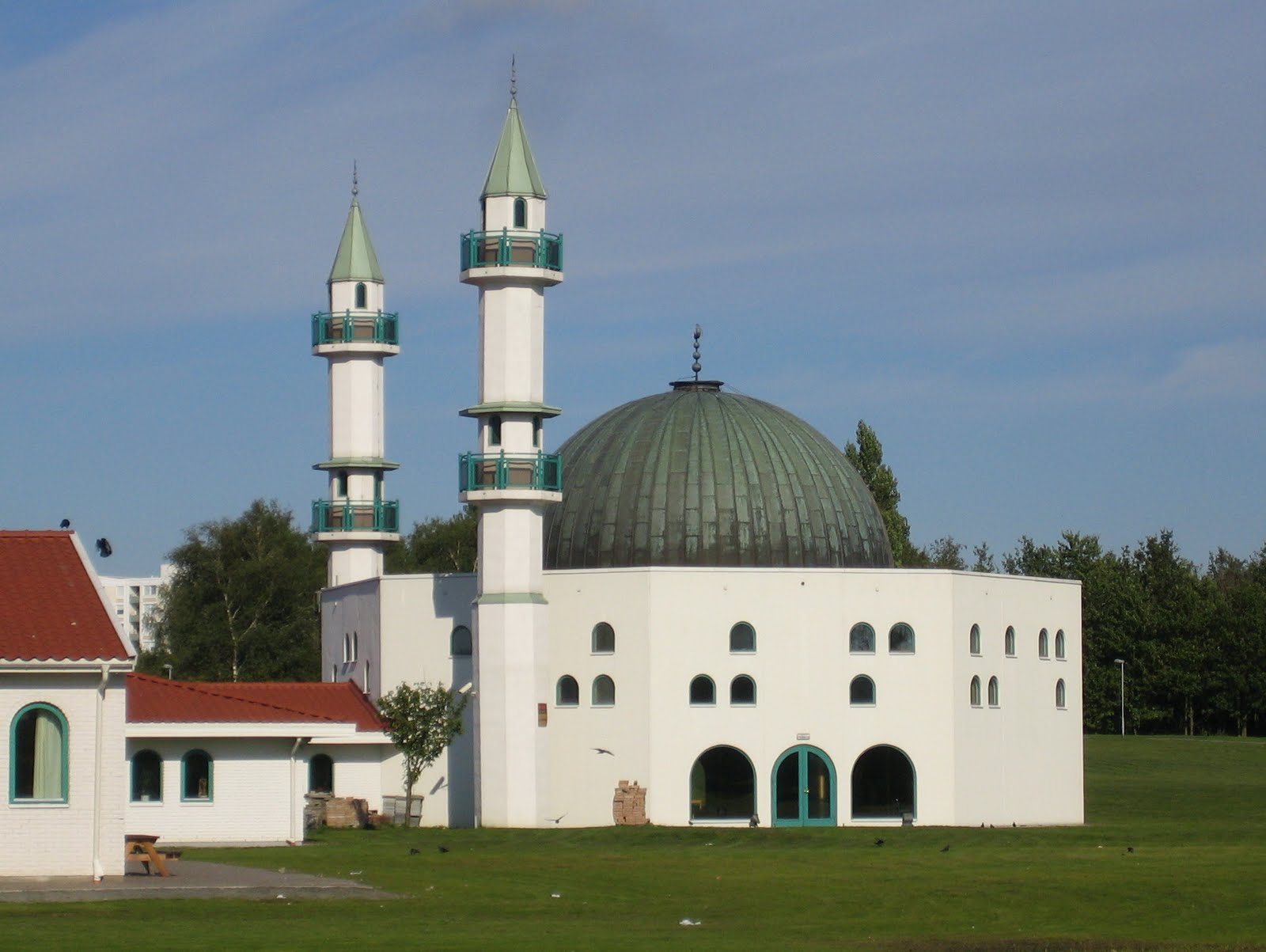New mosques in Sweden
Two big mosques are being planned in Järva, an immigrant heavy district in northern Stockholm, to replace cramped basements where praying Moslems currently gather.
-
 New mosques in Sweden are needed to satisfy the demands of the growing Islamic population. Above, the mosque in Malmö.
New mosques in Sweden are needed to satisfy the demands of the growing Islamic population. Above, the mosque in Malmö. -
-
The need for more mosques is a growing one in Sweden, as more and more Moslems are immigrating. But are two enough?
Before the building has even begun, other Islamic organizations want mosques of their own. “This is not worthy,” says Ibrahim Bouraleh, chairman of the Islamic organization in Järva. “We want a real mosque where everyone can come.”
One mosque is planned in Tensta, which might soon be accompanied by a mosque in Rinkeby center. The Rinkeby mosque is expected to cost 100 million SEK ($16.4 million). So far the initiators of the Islamic organization in Järva have only gotten together a small fraction of that sum.
“We don’t turn down donations, and we hope our European friends will help us when all details are in place. But we won’t accept any money from people who also want to tell us what to do. We want to choose our own imam and our own activities,” Bouraleh continues.
Ann-Margrethe Livh, a local politician (Left Party) who lives in Rinkeby, is critical to the process, however. “The people of Rinkeby have had no say in this, nor have other Islamic organizations," she says. "Among several of them there is a worry that they might lose their basements, now that everyone is supposed to meet in the big mosque.” The Islamic Cultural Organization, for instance, has asked for real estate in Rinkeby, too. “But we’d rather have one or two well functioning mosques where many different branches of Islam can be joined together,” says architect Renoir Danyan of Stadsbyggnadskontoret. “We feel that’s very important.” Meanwhile, Ihsam Kilic, chairman of the Swedish-Turkish cultural organization of Rinkeby won’t be visiting the new mosque. “We aren’t against them building in Rinkeby, but we have nothing in common with these people apart from the religion,” he says.
Commissioner Joakim Larsson (from the Moderate Party) is positive to other organizations and their plans. “There’s nothing that says they can’t be helped," he says. "It is the city’s responsibility to help out with space. There’s a certain competition between the different groups who today are still meeting in basements.” -
-
